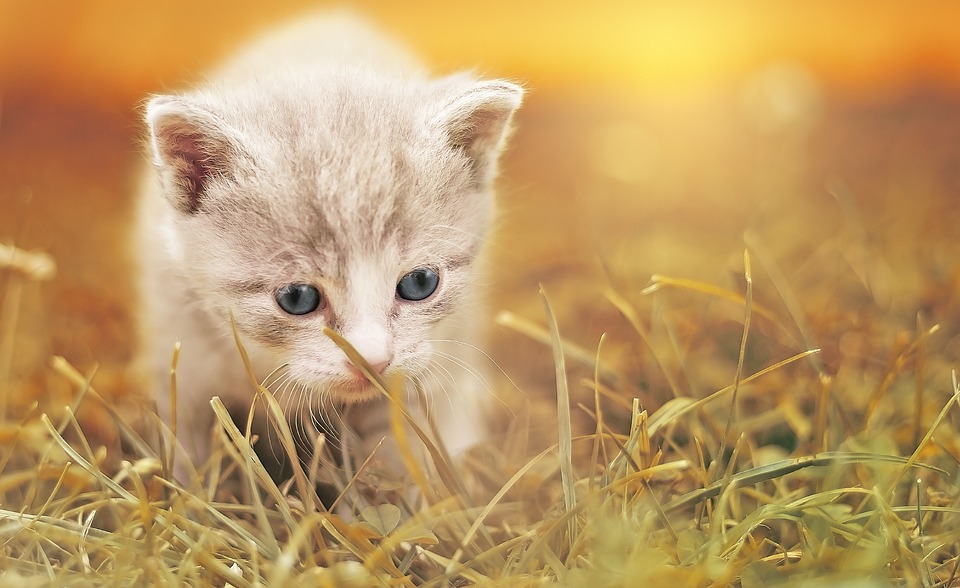Cats are known for their impeccable grooming habits, but sometimes they need a little extra help in maintaining the health of their eyes and ears. Regular eye and ear care is crucial to prevent infections, discomfort, and potential long-term damage. In this article, we will explore the importance of eye and ear care for cats, provide useful tips on how to do it effectively, and answer some common FAQs to keep you well-informed.
Why is Eye and Ear Care Important for Cats?
1. Ensuring Optimal Vision: A cat’s eyes are vital for their overall well-being, as they rely heavily on their vision for hunting, exploring, and interacting with their environment. Regular eye care helps maintain clear vision, preventing potential vision impairments.
2. Preventing Infections: Cats are prone to eye infections caused by bacteria, viruses, or foreign bodies. Regular cleaning can help remove debris, prevent bacterial growth, and reduce the risk of infections.
3. Detecting Eye Diseases: Early detection of eye diseases such as glaucoma, cataracts, or conjunctivitis is crucial for effective treatment. Regular eye care allows you to spot any abnormalities or changes in your cat’s eyes promptly.
4. Maintaining Ear Health: Cats have highly sensitive ears, and regular care helps prevent ear infections, wax build-up, and discomfort. Proper ear care also reduces the risk of hearing loss.
Tips for Regular Eye and Ear Care:
1. Eye Care:
– Gentle Cleaning: Use a clean, damp cloth or a soft, lint-free cotton pad to gently wipe away any discharge or debris from the corners of your cat’s eyes. Ensure you use a separate cloth for each eye to prevent cross-contamination.
– Avoid Harsh Chemicals: Never use human eye drops or any other products without consulting your veterinarian. These may contain ingredients that are harmful to cats’ eyes.
– Observe and Monitor: Regularly check your cat’s eyes for any redness, swelling, cloudiness, excessive tearing, or changes in the pupils. If you notice anything unusual, consult your vet for a thorough examination.
2. Ear Care:
– Inspection: Begin by examining your cat’s ears for any signs of redness, swelling, discharge, or a foul odor. These could indicate an infection or other ear-related issues.
– Gentle Cleaning: Use a veterinarian-recommended ear cleaning solution and a cotton ball to gently clean the visible part of your cat’s ears. Avoid inserting anything deep into the ear canal, as it can cause damage.
– Frequency: How often you clean your cat’s ears will depend on their breed, lifestyle, and overall ear health. Some cats may only require monthly cleaning, while others may need it more frequently. Consult your vet to determine the appropriate schedule.
FAQs About Cat Eye and Ear Care:
1. How can I tell if my cat has an eye infection?
– Look for symptoms such as redness, swelling, excessive tearing, squinting, pawing at the eye, or a change in eye color. If you notice any of these signs, consult your vet for a proper diagnosis and treatment.
2. Can I use cotton swabs to clean my cat’s ears?
– No, using cotton swabs can be dangerous as they can push debris deeper into the ear canal and potentially damage your cat’s eardrum. Stick to using a cotton ball or consult your vet for proper cleaning techniques.
3. Are there any breeds more prone to eye or ear issues?
– Some breeds, such as Persians, Himalayans, and Scottish Folds, are more susceptible to eye issues due to their facial structure. Breeds with excessive hair in their ears, like Maine Coons or Ragdolls, might be more prone to ear infections. However, it’s important to note that any cat can develop eye or ear problems, regardless of breed.
4. Should I consult a veterinarian if my cat’s eyes or ears appear normal?
– Yes, regular check-ups with a veterinarian are essential for your cat’s overall health. Even if your cat’s eyes and ears appear normal, a vet can perform a thorough examination and provide preventive care recommendations specific to your cat’s needs.
Conclusion:
Regular eye and ear care for your feline companion is vital to maintain their health, prevent infections, and ensure optimal vision and hearing. By following the tips mentioned above and staying vigilant for any signs of abnormalities, you can help keep your cat’s eyes and ears in excellent condition. Remember, when it comes to your cat’s health, it is always best to consult with a veterinarian for personalized care and guidance.








